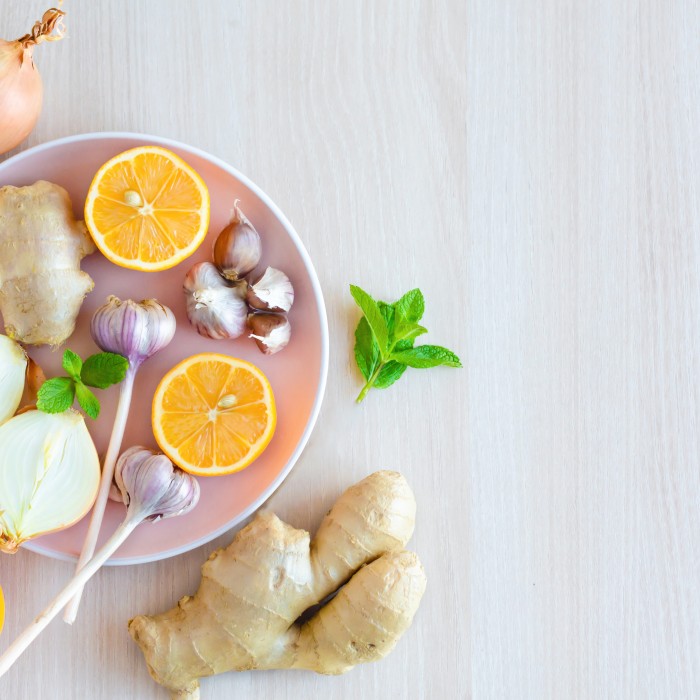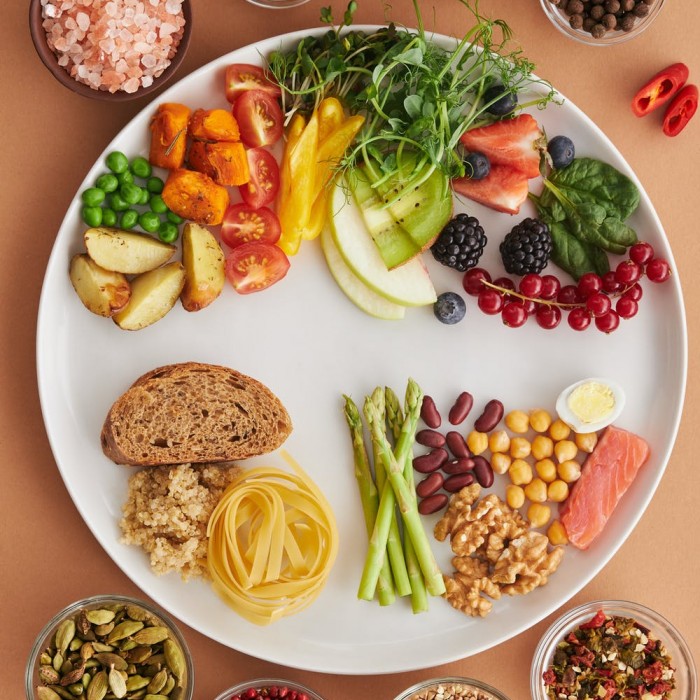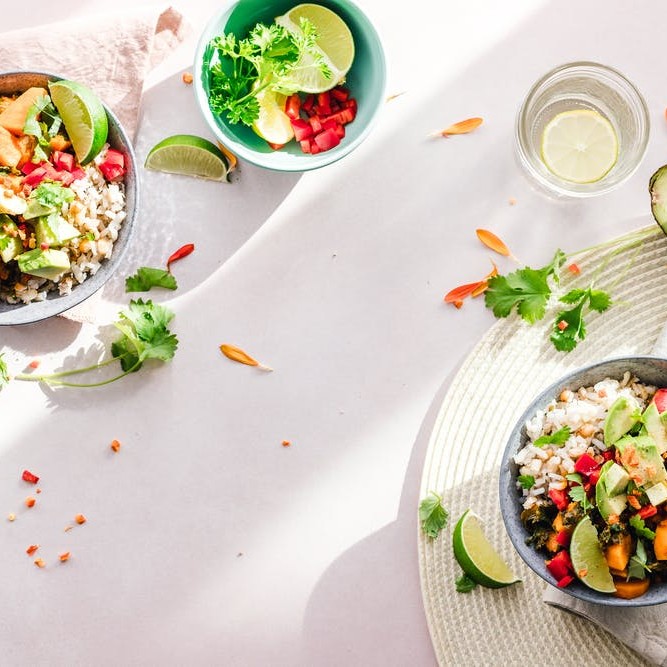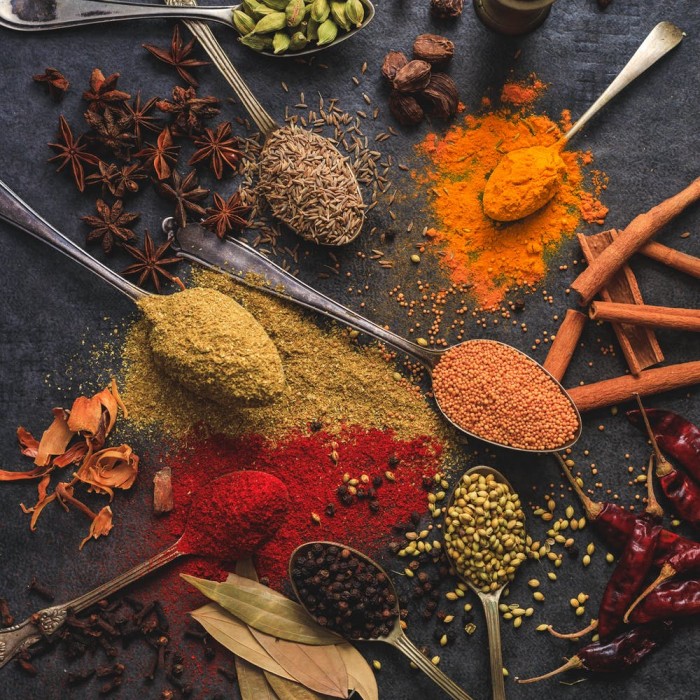Can Food Really 'Boost' Your Immune System?
By Dr Daniel Owens, PhD SENr4 Minute Read

4 Minute Read
Many of us are becoming more health conscious, particularly amidst the COVID-19 pandemic. It’s little surprise therefore that interest in the role of food in immune health is also growing. For instance, the global market for nutraceuticals (foods and dietary supplements that have purported health benefits) is valued at a staggering $417.66 bn in 2020, and is expected to continue to grow.
But does food really hold the power to ‘boost' our immune system? We’re here to weigh up the evidence and provide clarity on what beneficial properties, if any, certain foods have when it comes to taking care of your immune system.



Let’s be clear from the start, there are important links between nutrition and immunity.
In order for the immune system to deal with foreign invaders such as viruses and bacteria, there must be a supply of energy from fuel sources that come from food - including glucose and fatty acids.
Amino acids (the building blocks of proteins) are also particularly important for producing different components of the immune system.
Finally, vitamins and minerals also play important roles in ensuring protecting immune health.
This relationship between nutrition and immunity is especially apparent in developing countries, where malnutrition leads to compromised immunity and infection-related deaths. However, if food intake is adequate and varied, there is very little evidence to suggest any foods or individual nutrients actually ‘boost’ immunity. According to Prof. Neil Walsh (Liverpool John Moores University), the current view in the scientific community is that we should not be so concerned with asking whether a nutritional intervention will stop us from getting sick, but whether the nutritional intervention can reduce how sick we will get (this is a really key point!).
But what does this mean in terms of food and, importantly, how can we use this information?
We use food to nourish the body. That is, to provide it with key nutrients required to keep us energised, alert, resistant to illness and injury, and performing to the best of its ability. Where immunity is concerned, there are a few priorities to focus on to ensure that we’re providing the body, and the immune system itself, with plenty of the specific nutrients it needs to function well. We’d recommend focusing on:
Once you have the basics covered, it’s time to up your game! The following foods not only help flavour-boost your dishes, they also support your immune-health:
During periods of high infection risk, such as during air travel or if you experience the first signs of a common cold, there are a couple of evidence-based supplements that may reduce the severity and duration of illness. If you're an athlete, you must ensure that any supplement has undergone batch testing (you can search for products here to minimise contamination risk):
Summary
It’s misleading when headlines claim that foods or supplements can ‘boost’ immunity, as the science simply doesn’t support this. You cannot ‘boost’ your immune system, but good nutrition is crucial for protecting your immune health. Getting the basics right is the most important thing, then bolt-ons such as supplemental vitamin C, probiotics and zinc may improve tolerance to infections during periods of heightened risk. For a deep dive on this, see this free article from Prof. Neil Walsh. One other nutrient worth considering where immunity is concerned is vitamin D, that unfortunately cannot be obtained in high enough quantities in the diet when sun exposure is limited. We’ll be covering everything you need to know on vitamin D in our next blog post, so be sure to keep an eye out!
Probiotics & immune function: https://www.ncbi.nlm.nih.gov/pmc/articles/PMC4006993/
Nutrition and immune health: a new perspective: https://www.gssiweb.org/docs/default-source/sse-docs/walsh_sse_198_v9.pdf?sfvrsn=8
https://sport.wetestyoutrust.com
https://www.grandviewresearch.com/industry-analysis/nutraceuticals-market
The Edge HPL is not responsible for any specific health or allergy needs that require supervision nor any adverse reactions you may have to the advice we provide - whether you have followed them as written or have modified them to suit your dietary requirements.
Any nutritional advice and information provided by The Edge HPL is based on our own experiences, research and knowledge. The information provided is not to be used in place of proper medical advice. The Edge HPL and its employees and representatives are not medical professionals, do not hold any type of medical licenses or certifications and do not practice medicine. If customers have any medical questions regarding any advice or information provided by The Edge HPL, they should consult their physician, or another healthcare professional. Please also refer to our Standard Business Terms and Conditions, which can be found on our website.